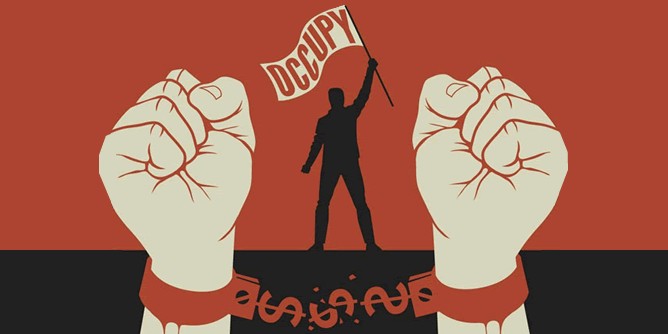Inequality, Teaching and Learning – for Social Justice
- Mary Alice Scott (New Mexico State University), Devin Grider (NMSU), Jared Van Natta (NMSU)
- Amanda Poole (Indiana University of Pennsylvania), Elizabeth Bauer (IUP)
- Lisa Borodovsky (Marymount Manhattan College at Bedford Hills)
- Ragnhild Utheim (Marymount Manhattan College at Bedford Hills and Purchase College, SUNY)
- Michelle Ronda (Marymount Manhattan College at Bedford Hills and Borough of Manhattan Community College, CUNY)
This panel presentation and roundtable discussion will explore how we engage students in social justice-oriented education and research on social inequalities. What are the particular perspectives, sensibilities, and ideas that are most important to teach and demonstrate through our work together? What are the challenges we (faculty and students) face in doing this kind of work together? What do we hope will emerge from such engagement? What impacts have we seen in our experience with engaging students in social justice-oriented education?
Faculty and students from New Mexico State University will discuss their involvement in collaborative research with health care organizations that serve marginalized patient populations and train physicians and other health care professionals to understand and act on social determinants of health rather than strictly focusing on biomedical care. These collaborations address issues of inequality in health and health care such as insurance policies and medical education. They will explore the complexities of collaborative research, “studying up,” and doing anthropology in/of policy in particular focusing on the implications for addressing social justice issues.
A faculty member and student from the Applied Anthropology Program at Indiana University of Pennsylvania will describe their work with the Appalachian Teaching Project. For the past three years, the anthropology department at IUP has partnered students with community organizations to work on projects related to sustainable development and social justice in a region that has long been shaped by resource extraction. These projects have involved exploring issues of food justice, connecting youth to rural communities, and the role of grassroots organizations in the struggle to shape the legacy of hydraulic fracturing in the region. Based on these projects, they will reflect on the challenges and successes that emerge from a partnership model of community based research on social justice issues.
Faculty from Marymount Manhattan College at Bedford Hills Correctional Facility will explore how experiences of teaching and learning inside prison might assist us in understanding the dynamics and scope of inequality, and envisioning social justice. Drawing from their work as college educators inside a maximum-security prison for women, the discussants will explore broad social justice questions like: In what ways can teaching and learning inside prison contribute to our overall understandings of persistent inequality and potential equality? In what ways do the life experiences of prisoners and experiences of life in prison contribute to our understandings of inequality and equality? In what ways do programs that combine outside and inside college students within prison create spaces for critical insight of and political engagement with social and educational inequalities in the prison and in society?
